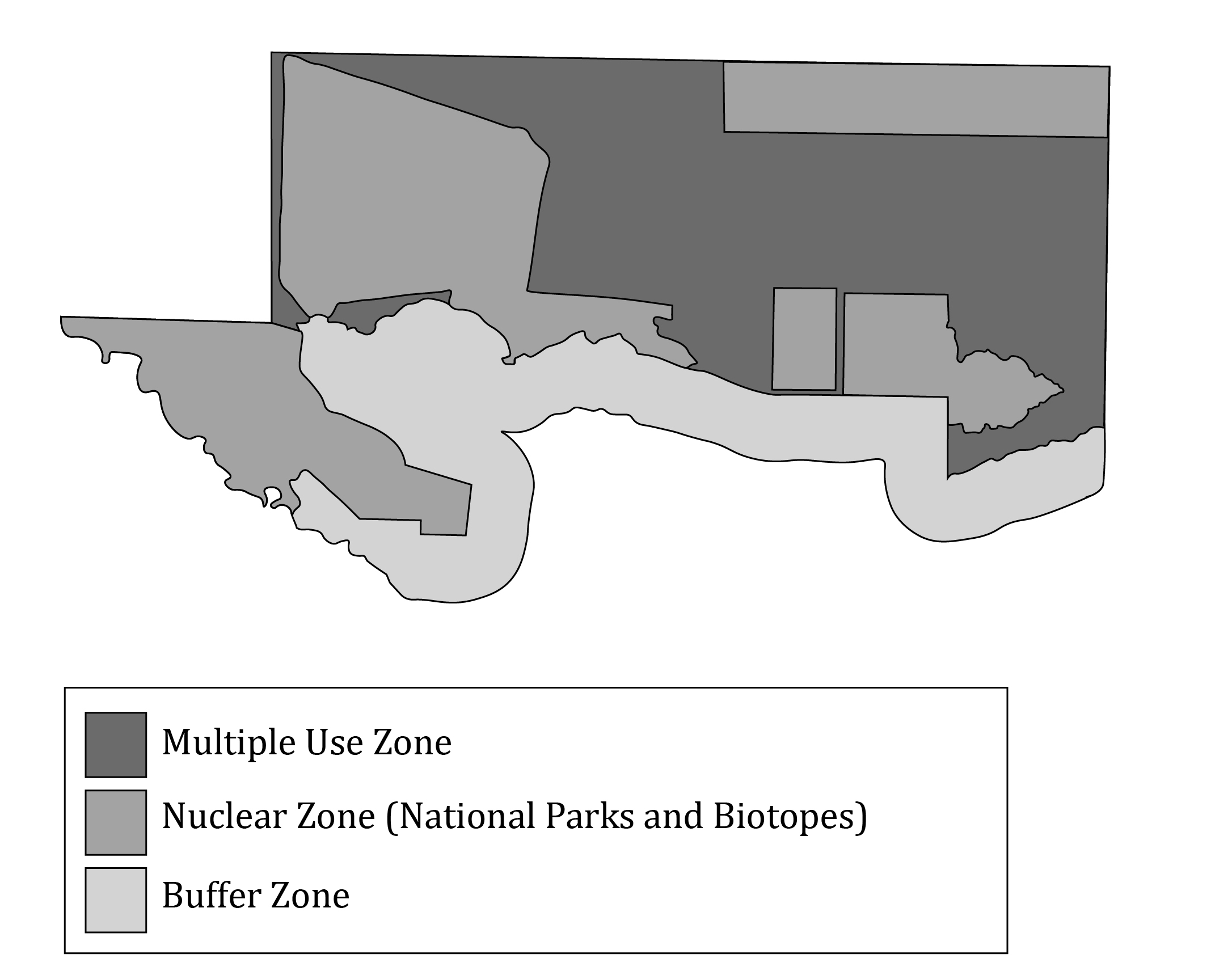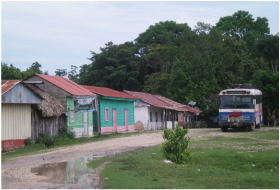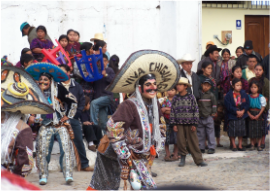COURSES
POLITICAL GEOGRAPHY TRANSNATIONAL MIGRATIONS POLITICS OF RACE & ETHNICITY
ADDITIONAL COURSES TAUGHT
- SPACE, NATURE AND POWER: POLITICAL GEOGRAPHY (GRADUATE LEVEL)
- RESEARCH DESIGN AND APPLIED TECHNIQUES (GRADUATE LEVEL)
- QUALITATIVE METHODS (GRADUATE LEVEL)
- LATIN AMERICAN BORDERLANDS
- RACE AND NATURE
- GLOBAL ENVIRONMENTAL POLITICS
- WORLD CULTURAL ENVIRONMENTS
- SPACE, RACE, POWER
- TOURISM, IDENTITY, POLITICS
- INTRODUCTION TO RACE & ETHNICITY
- NEW DIRECTIONS IN DEVELOPMENT STUDIES


